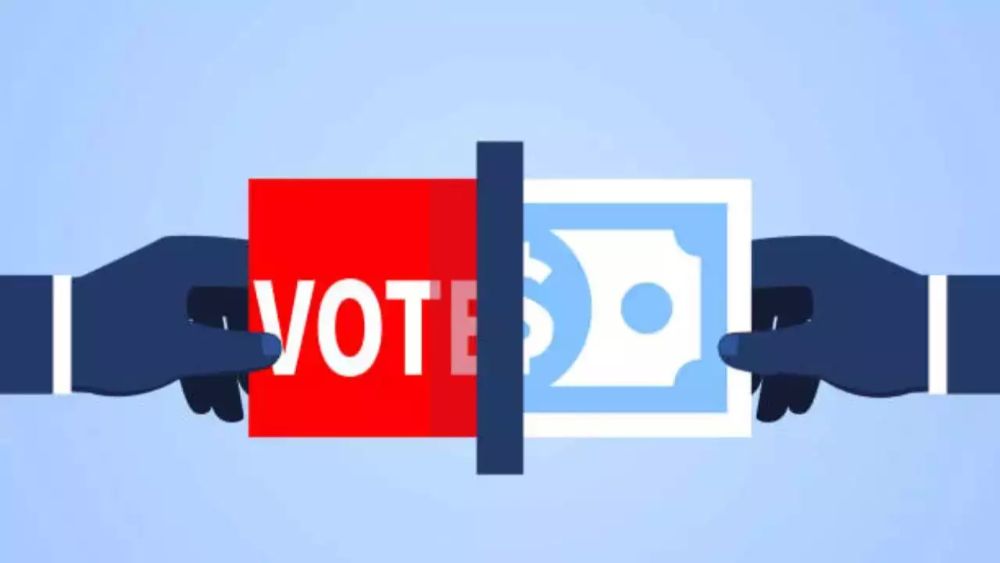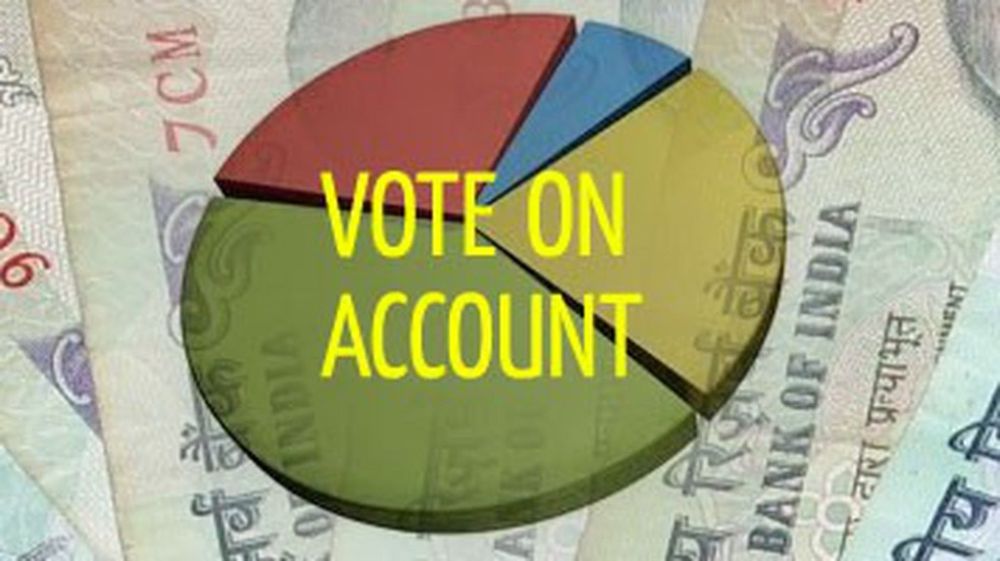As Finance Minister Nirmala Sitharaman prepares to present the Union Budget on February 1, it marks her record sixth budget presentation, putting her on par with former Prime Minister Morarji Desai. Notably, she is poised to surpass Arun Jaitley, having already presented five budgets, making her the Finance Minister with the highest number of budget presentations from the BJP camp. However, with the country gearing up for Lok Sabha elections, Sitharaman is not expected to present a full-fledged budget for the financial year 2024-25. Instead, she will be presenting an interim budget, commonly referred to as a “vote on account.”

What is a Vote on Account?
In simple terms, a vote on account is a procedural mechanism employed by an outgoing government to obtain interim permission from the Parliament to withdraw funds from the Consolidated Fund of India. The purpose is to allocate funds for essential expenditures and critical government schemes for a limited period, typically spanning a few months, until a new government is formed following elections.
Article 116 of the Indian Constitution defines a vote on account as a grant in advance for the Central government to meet short-term expenditures. This temporary provision ensures the smooth functioning of the government until a new financial year commences. The intricacies of a vote on account lie in its ability to maintain financial stability and continuity during the transitional period between governments.
Understanding the Consolidated Fund of India:
The Consolidated Fund of India, as stipulated in Article 266 of the Indian Constitution, serves as the repository for all revenue generated by the central government. This includes funds from taxes, loans, interest on loans, and a portion of taxes collected from states. Significantly, Article 266 emphasises that no withdrawals can be made from the Consolidated Fund without due appropriation by law.

During the Union Budget presentation, an appropriation bill is passed, providing the legal framework for allocating funds from the Consolidated Fund for various government expenditures. This ensures transparency, accountability, and adherence to constitutional principles, preventing arbitrary withdrawals.
In anticipation of the upcoming Lok Sabha elections, Finance Minister Nirmala Sitharaman’s presentation of a vote on account underscores the pragmatic approach taken by the government to maintain fiscal continuity during the transitional period. As the political landscape evolves, the vote on account serves as a crucial mechanism to sustain essential government functions until the formation of a new government, at which point a comprehensive budget for the financial year is expected to be presented.
